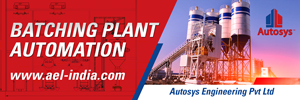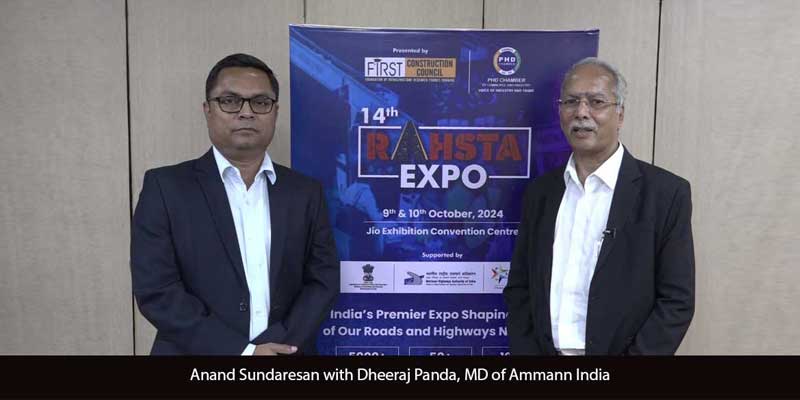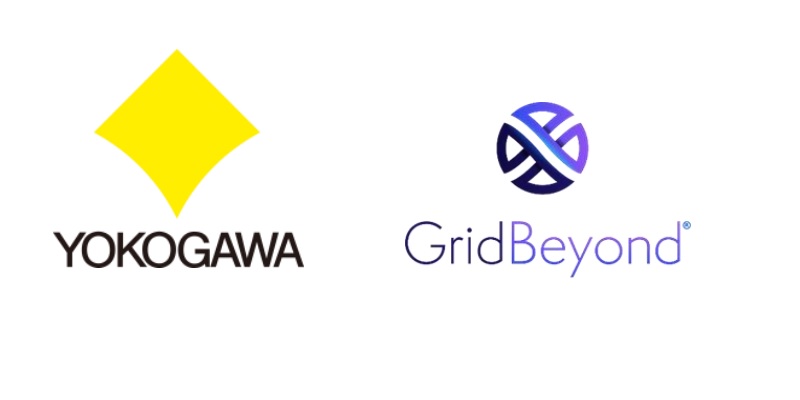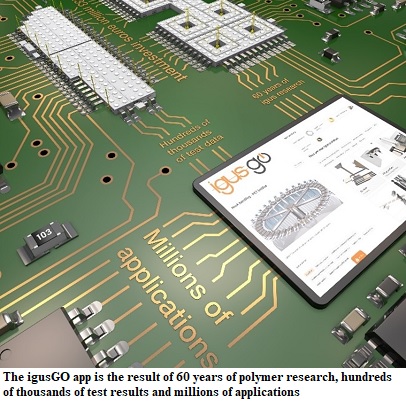Schedule a Call Back
Procsafe 2014: National Conference on Process Safety
 Technical Articles
Technical Articles- Dec 18,14
Process Safety and preventing accidents is a critical concern for all manufacturing and process plants. Process safety is all about "Understanding, Preventing and Mitigating Risks associated with automated process plants". Process industries in domains like chemical, petrochemical, oil and gas, refinery, pharmaceutical plants have hazardous areas containing (or likely to contain) an ignitable concentration of flammable gas, vapour or dust where an electric spark or a hot object can cause an explosion. Only a systematic evaluation of such risks and taking suitable protective measures, right from design stage, can alone ensure an acceptable safe level of operation.

Keeping this in perspective, ISA Bangalore section, organised a national level conference on Process Safety on December 5, 2014 in Bangalore. The day-long technical seminar received an overwhelming response from across industry verticals.
The sponsors and exhibitors were key industry participants - ABB, Rockwell Automation, Pepperl & Fuchs, Phoenix Contact, Phoenix Mecano, B&R Automation, Sridhan Automation, MTL instruments, R Stahl and Meggit India.
The conference format facilitated talk sessions from expert speakers from a top regulatory government body, end-user companies, industry consultants, testing and certification institutions, manufacturing companies and automation supplier representatives. The seminar concluding session also included a panel discussion, moderated by Mr K Murali, Director (Retd), Refineries, HPCL, that not only summarised the take-away from the proceedings but also provided an opportunity for the delegates and experts to take a critical review of the current state of technology, challenges, and possible solutions. Aside of the conference proper, the key sponsors and exhibitors also displayed their product offerings and solutions facilitating attendees to browse and interact during the breaks.
Session-wise proceedings

Mr P C Srivastava, Chief Controller of Explosives, Petroleum & Explosives Safety Organisation, GoI, fittingly began his key-note address with a remembrance of the recently passed 30th anniversary of the Bhopal gas disaster in the context of the conference theme. He further went on to clearly and elaborately bring out the Classifications and the various types of protection techniques enumerated by Indian as well as international standards, the applicable Rules and Standards for various situations and their equivalencies. He, very helpfully, enlightened the participants on the equipment approval process followed by PESO for electrical equipment used in hazardous areas.
K R S R Krishna, VP, Petrofac Engineering Services India Private Ltd juxtaposed some recent marvelous human engineering feats with major disasters. Further to presenting about the engineering practices for ensuring safe design, he pointed out that the culture of organizations and their systems are at the base of the pyramid of which accidents are only the tip. He concluded his rousing address by rightly saying that the cost of an accident is always greater than the cost of preventing it.
Mr H S Gambhir, VP - I&C, Projects, Exploration & Production, Reliance Industries brought a very valuable end-user perspective. He presented to a rapt audience a case study of risk reduction of over-pressure in a typical well-head platform mainly by optimum use of very fast acting closing valves meeting SIL3 requirements. Speaking from a rich implementation experience he briefly enumerated specific instrumentation feature improvements and proposed an approach in designing safety instrumented systems.
Mr Neeraj Vinaik, VP, Process Automation, ABB, Bengaluru eloquently brought out that the 1st generation safety systems (prior to IEC 61508) were more focused on high MTBF, fail safe action and compensated for limited diagnostics with redundancy. A more evolved system now, he said, has the features of diverse architecture with no common cause of failure, higher active diagnostics and fault tolerance. They are certified to current edition of standards and comparatively highly available and reliable. Moving forward, he advocated that analysis of failure modes and effects should include human and organizational aspects as well and a commitment needs to come in at all levels to consider process safety truly at par with other organizational objectives such as output, quality and cost.
Mr Ajit Karandikar, Director of Karandikar Labs, Mumbai spoke on the topic of 'Testing and Certification of Instruments and Systems to meet Safety Standards and Statutory Requirements' and gave an excellent overview in a short time. He started with the basic mechanism of an explosion and clearly brought out the principles involved for each method of explosion protection and the corresponding Standard to be referred. He then elaborated on how the tests evaluate the construction and safety performance of the prototype with reference to the requirements as per Standard.

Mr Sandeep Redkar, Manager, Process Solutions, Rockwell Automation lucidly explained the know-why behind Safety Integrity Level (SIL) classifications and the pros and cons of different configurations of Functional Safety systems - be it a simple control strategy or ones with multiple redundancies and with or without watchdog diagnostics. The audience surely got a quantitative feel of how a safety system pushes back the risks inherent in a process to low acceptable levels.
Mr Nilanjan Mukhopadyay, Associate VP, IOT, Kolkata addressed the niche area of oil tank farms .The unique hazards and safety requirements of this huge volume of combustible material stored in one place, were presented in fascinating detail with case studies of major fire breakouts in India and globally and the lessons learnt there from.
Mr Sujeet Gohil, Asst VP, Process Automation, Oil Gas & Chemical, ABB, Vadodara explained how the present day Standards for Safety Instrumented Systems like IEC61511 / ISA84 have evolved to specify performance compliance. The Safety Logic solver is the heart of the system and along with the sensors and actuators, it needs to perform the safety function so fast that the manifestation of the hazardous event is never allowed to happen as a result of any failure of the regular control system. He elucidated the features of such an SIS like redundancies, speed of response, hardware fault tolerance, diagnostic coverage, etc., to achieve acceptable SIL capability. It was a superb overview relevant for the specifier of SIS as well as for an OEM implementer and the end-user.

Mr P V Sivaram, Managing Director, B&R Industrial Automation, Pune added to the keen interest of the participants with his presentation on Virtual Safety Philosophy to Implement SIL3 Safety. He brought a touch of humour to the proceedings by asserting that the 'Virtual Safety' concept has real benefits to the end users as it brings one common safety solution across the entire plant which is, typically, equipped with a multi-vendor, multi-process control system. Virtual safety concept he said, enables lower costs without compromising SIL demands. The innovation at its core is the mixing of functional and safety channels in each separate process/network of the plant while having a top level HMI which gives access in one common environment to both the regular control and to the safety system.
Mr Parag Mantri, Head of Instrumentation, Aker Powergas Pvt Ltd, Mumbai focused on what he opined, were the best available standards for Functional safety and SIS - viz - IEC 61511 and IEC 61508 .He not only briefly elaborated on each standard but also compared them in terms of applicability to different situations. He then, very clearly, presented the steps in managing the entire lifecycle of a Functional safety system, right from the stage of hazard and risk analysis to the implementation and maintenance of it.
In the track being conducted simultaneously in the adjacent hall, Mr H C Sathyanarayana, General Manager, MRPL, Mangalore also spoke about the stages in lifecycle management .He had much to add from his refinery experience about the practical challenges of system maintenance and the typical faults and obstacles encountered at the plant site in retaining the design SIL. He shared the schedule for proactive maintenance and the documentation methodology followed to record everything relevant.
Mr R Unnikrishnan, Senior Manager, Tech Support, Pepperl+Fuchs India Pvt Ltd, Bengaluru was the other speaker in this track. His contribution to the proceedings was mainly about the smart online way of monitoring of field devices, which are now generally enabled for revealing a wealth of diagnostic data over HART or FieldBus. Apart from display of measured values, the number of detectable faults is therefore more and presented in a user-friendly way, including expert support information. All this, he put forth persuasively, not only reduce the time of physical layer commissioning but bring significant savings as well, going forward.
Mr N Nagarajan, Asst GM & HOD Process, Petrofac Engineering, Chennai gave a comprehensive overview from a system engineering perspective about the Technology, Design & Engineering of Safety System. The point he conveyed well was that it is worth having a systematic approach at the system engineering itself to ensure a safe plant.
Mr Debopriya Gupta, Profit Center Head, Enclosure Division, Phoenix Mecano India Pvt Ltd, Pune very lucidly clarified about how explosion protected equipment qualify for the Conformity Assurance stamp of approval after they get manufactured, type tested and subjected to surveillance by independent assessors in line with the IEC 60079, or equivalent, standard.
The various sessions with their designated themes were ably introduced and summed up by respective session chairpersons. They were the following eminent technocrats - Mr Subir Ghosh, formerly with EIL, Mr H S Gambhir from Reliance Industries, Mr S R Bhat, formerly with MRPL and Mr Shreesha Chandra, of Yokogawa.
The last session of the seminar was a lively panel discussion involving interactions between each of the previous speakers, delegates in the audience and moderated by Mr Murali K, former Director Refineries, HPCL.
Based on the feedback forms handed in by participants, a high level of satisfaction with the value received in an excellent ambience has been reported.
Related Products
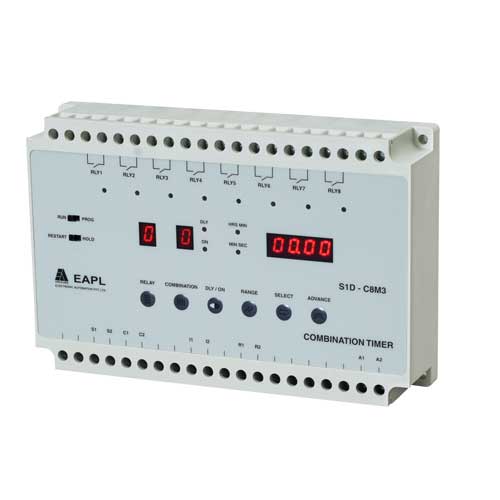
Combination Timers
Electronic Automation Pvt Ltd offers a wide range of combination timers.
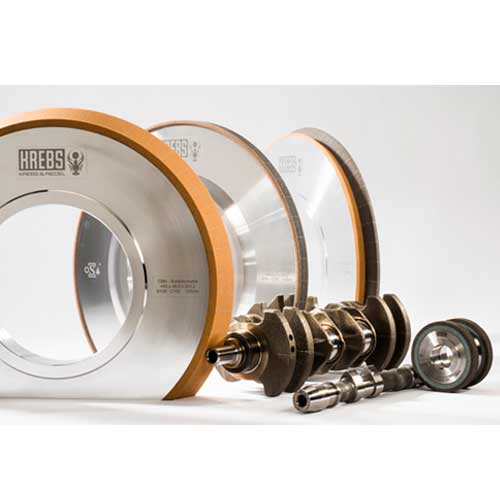
Cbn and Diamond Tools
Krebs & Riedel Abrasives India Pvt Ltd offers a wide
range of CBN and diamond tools.
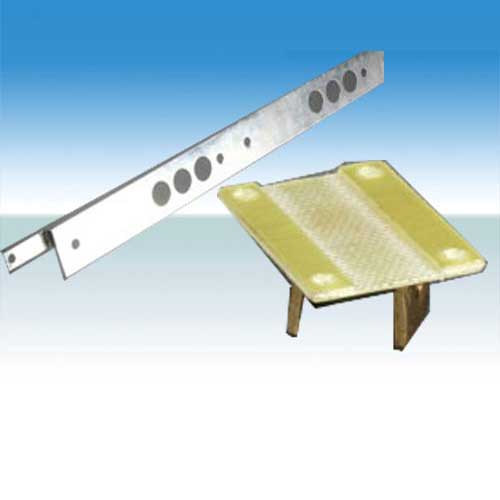
Connectors
G R Enterprises offers a wide range of connectors.

